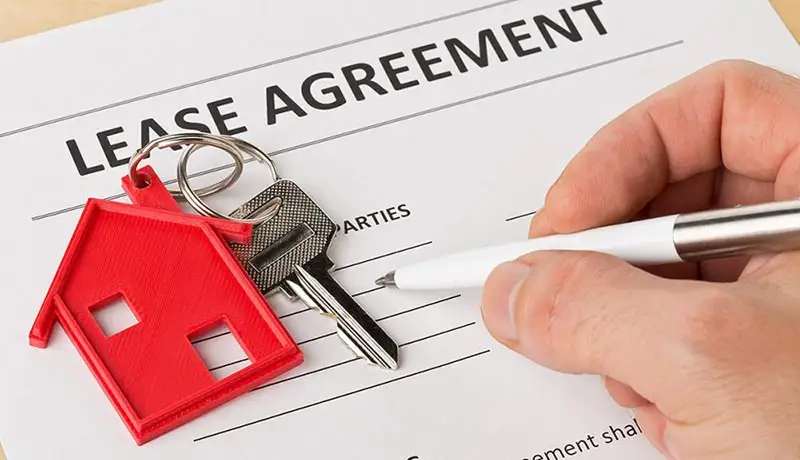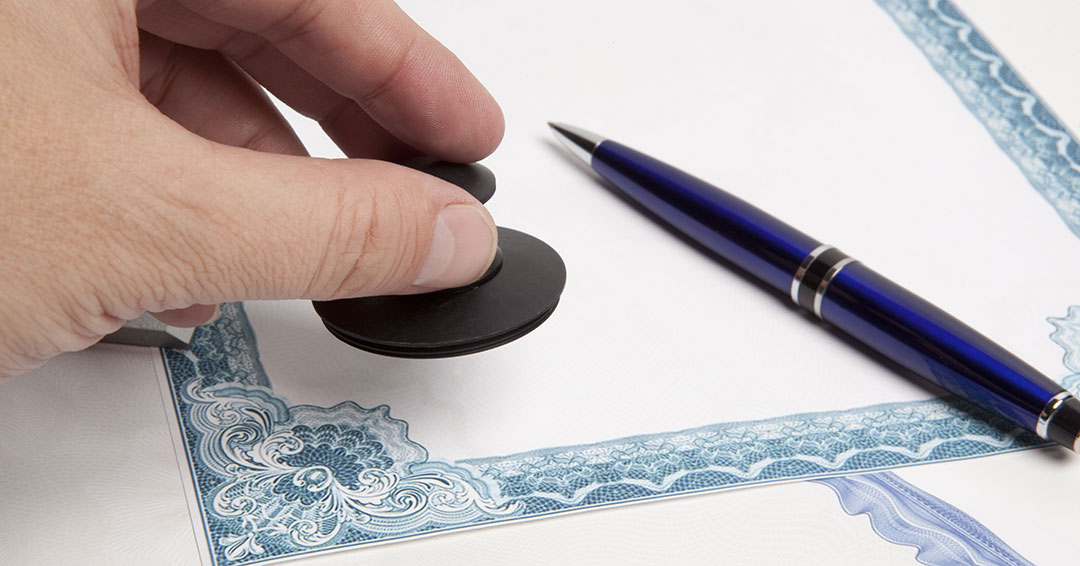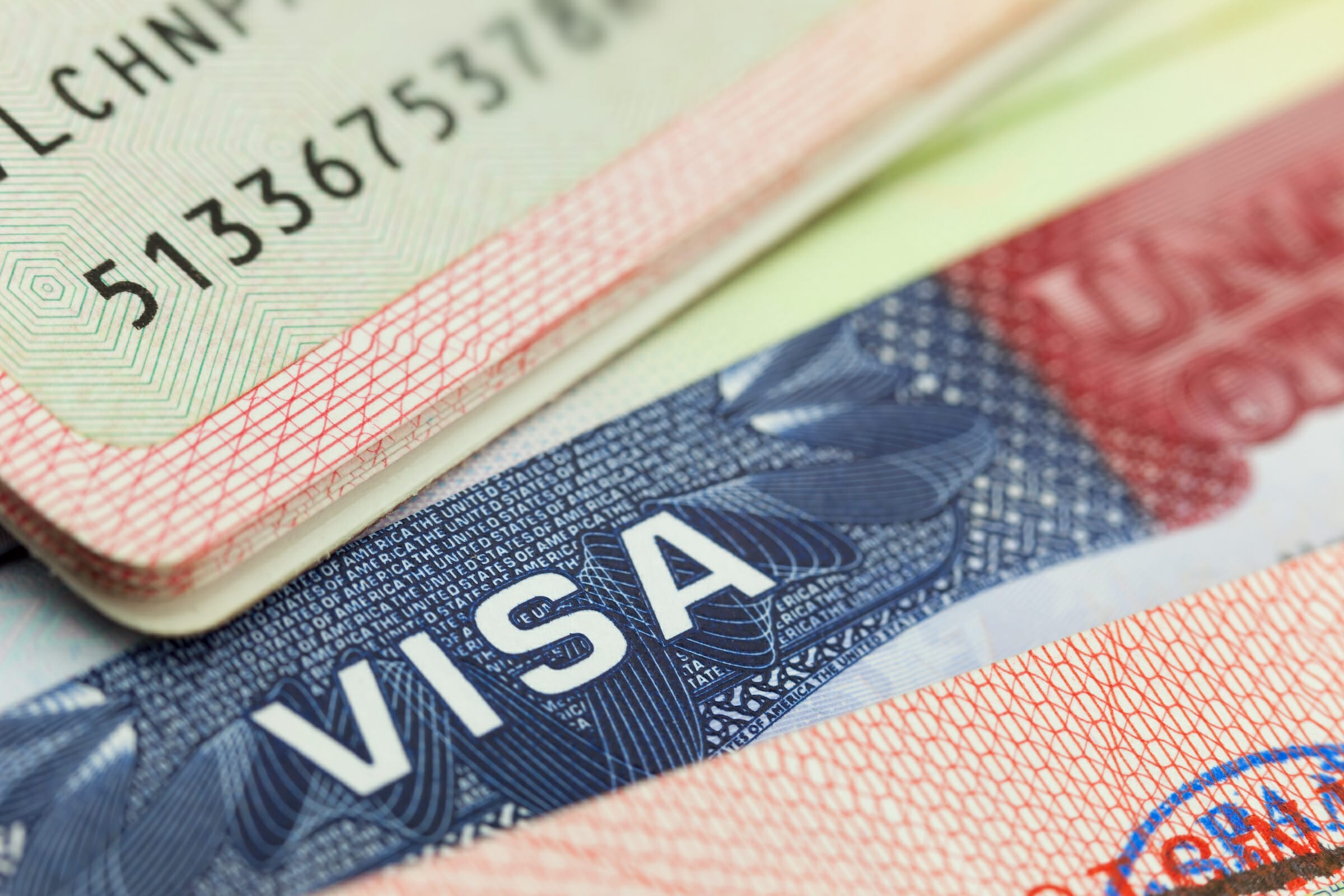Property Leasehold in Thailand. A leasehold is a legal arrangement that allows an individual or entity to lease land or property for an extended period, often up to 30 years, under Thai law. It is a popular option for foreigners, given Thailand’s restrictions on foreign land ownership. Leaseholds provide flexibility for both residential and commercial purposes, offering long-term security without transferring ownership.
1. Legal Framework of Leaseholds
1.1 Leasehold Duration
- The maximum lease term allowed by Thai law is 30 years, renewable under specific conditions.
- Extensions or renewals must be explicitly agreed upon in the contract and may require renegotiation.
1.2 Registration Requirements
- Leases exceeding 3 years must be registered at the local Land Office to be legally enforceable.
- Unregistered leases are valid only for the first 3 years, after which they become void.
1.3 Foreign Participation
- Foreigners can lease land for residential or business purposes, making it an attractive option for long-term residence or investment.
2. Residential Leaseholds
- For Foreigners:
- Common for expatriates or retirees seeking long-term stays without the complexities of land ownership.
- Lease agreements often include options for construction or purchase of buildings on the leased land.
- For Thai Nationals:
- Leaseholds are also used for affordable housing or temporary residence solutions.
3. Commercial Leaseholds
- Retail and Office Spaces:
- Widely used for leasing retail shops, office spaces, or commercial buildings in urban centers.
- Hospitality Sector:
- Hotels and resorts often operate on leased land in prime tourist destinations.
4. Key Components of a Lease Agreement
- Parties Involved:
- Clearly identify the lessor (landowner) and lessee (tenant).
- Lease Term and Renewal:
- Specify the duration, renewal terms, and conditions for termination.
- Rent and Payment Terms:
- Outline the rental amount, payment schedule, and escalation clauses.
- Permitted Use:
- Define the intended use of the property, such as residential, commercial, or agricultural.
- Maintenance and Repairs:
- Clarify responsibilities for upkeep and who bears the cost of repairs.
- Transfer and Assignment:
- Include clauses regarding subleasing or transferring leasehold rights.
5. Renewal and Extension
- Automatic Renewal:
- Not recognized under Thai law; extensions require new agreements.
- Option to Renew:
- Must be explicitly included in the lease agreement, with terms negotiated upfront.
6. Advantages of Leaseholds
- Accessibility for Foreigners:
- Offers a legal way to secure land use rights without ownership restrictions.
- Cost-Effective:
- Leasehold arrangements are typically less expensive than freehold purchases.
- Flexibility:
- Suitable for temporary residence or businesses with limited long-term commitments.
7. Challenges and Risks
- Renewal Uncertainty:
- Future extensions depend on the landowner’s willingness to renew the lease.
- Limited Ownership Rights:
- Lessees have no claim to the land itself beyond the lease term.
- Contractual Disputes:
- Poorly drafted contracts can lead to disagreements or legal challenges.
- Ownership Changes:
- If the lessor sells the property, the new owner must honor the registered lease.
8. Practical Considerations
- Legal Assistance:
- Engage a qualified Thai lawyer to draft and review lease agreements.
- Land Title Verification:
- Ensure the landowner possesses a clear and legitimate Chanote (title deed).
- Registration at the Land Office:
- Confirm that leases over 3 years are properly registered to secure legal rights.
- Exit Strategies:
- Include clear terms for termination and dispute resolution in the contract.
Conclusion
Property leaseholds in Thailand provide a viable solution for foreigners and businesses seeking long-term land use without direct ownership. Understanding the legal framework, drafting robust agreements, and ensuring proper registration are essential for a secure and beneficial arrangement. Whether for residential or commercial purposes, leaseholds offer flexibility and security when managed properly. Engaging experienced legal counsel ensures compliance and mitigates risks.






